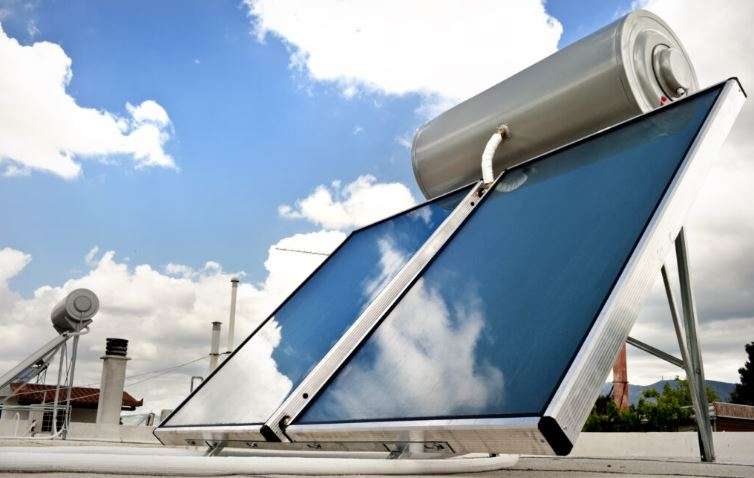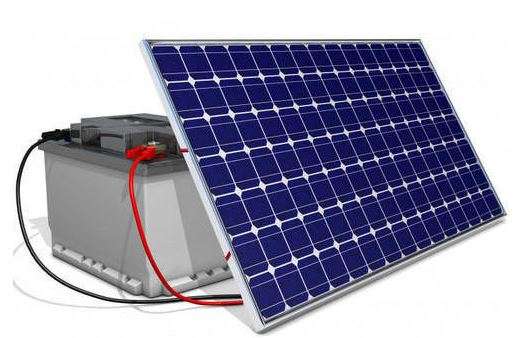Uses of Solar Energy
In this article, we will discuss Uses of Solar Energy. Our sun is the source of all life on Earth, and solar energy benefits us in a variety of ways. The sun generates two types of energy: light and heat, which we can use for a variety of purposes ranging from photosynthesis in plants to producing electricity with photovoltaic (PV) cells to heating water and food. So, what are some of the applications of solar energy? Let’s look at seven frequent applications and benefits of sunlight in our daily life.
It is a renewable and widely available kind of energy on the planet Earth. Solar energy has been used by humans since antiquity. For example, instead of using a magnifying glass to create fire, installing Photovoltaic cells is necessary to generate electricity using solar radiation. These cells absorb solar energy and convert it to electricity.
Table of Contents
The following are several applications of solar energy.
Solar energy is a renewable, infinite, and low-cost energy source. There are two types of solar devices: active and passive. Solar energy can help to reduce pollution to some extent. One of the purest and cleanest forms of energy. Examples include heating, interior and exterior lighting, transportation, and other applications. Among the other applications are:
- Electricity From The Solar
- Solar Energy Usage in India
- Solar Water Heating System
- Battery Charging with Solar Energy
- Solar Energy for Commercial
- Solar Cooking Energy
- Transportation By Solar Power
1> Electricity From The Solar :–
In recent years, the utilisation of solar energy has expanded in popularity. As solar panel costs decline and more people become aware of the financial and environmental benefits of solar energy, solar electricity is becoming more accessible. While solar energy still accounts for a modest portion of total electricity output in the United States (1.9% in 2017), it is rapidly developing, nearly tripling in three years and increasing by more than 40% since 2016.
Technicians frequently install distributed solar photovoltaic (PV) systems on the rooftops of homes or businesses. These solar power systems provide enough electricity to offset the property owner’s demand while also sending any excess production back to the grid.
A solar battery can be connected to your solar power system and used to power an electric vehicle (EV) overnight or offer backup power during crises. Some households may choose for a solar power and battery system or a solar power and generator system to go entirely off-grid.
In some circumstances, experts may fix panels to the ground or install solar PV on a neighbouring structure, such as a barn. They then use subterranean cabling to connect the system to the metre.
2> Solar Energy Usage in India :–
India is one of the world’s most populous countries, and because solar energy is environmentally friendly, it is ideal. It produces no carbon dioxide. Because it is an infinite energy source, it is a good substitute for nonrenewable energies. This energy can be used in rural regions for a variety of applications such as cooking, drying, electricity generation, and so on. Because power generation in India is expensive, solar energy is the greatest option.
3> Solar Water Heating System :–
Water can also be heated using solar energy. Most solar water heating systems produce hot water for domestic usage.
Solar water heaters absorb heat from the sun and send it to a water tank via a rooftop cell. Solar water heaters typically have a 5- to 10-year payback period, according to the US Department of Energy (DOE).

Swimming pool heating is another solar energy application, particularly in the southern and southwestern United States. The systems circulate water to a collector, where it is heated by sunshine. The heated water is then pumped back into the pool by the system.
There are two types of solar water heaters that can be used to replace regular water heaters: active solar hot water systems and passive hot water systems.
System of active water heaters: Active solar water heating systems are classified into two types:
>> System of Direct Circulation :– They have a pump that uses solar collectors to circulate household water into the house.
>> Circulation through Indirect Means :– It transfers water that flows into the house using non-freezing liquid. Typically utilised in places with cold weather.
>> System of Passive Water Heating :– They are less expensive, however they are less efficient than active water heater systems. Passive solar water heating systems are classified into two types:
>> Passive water heater systems with integrated collector-storage :– Used in locations where cold temperatures are extremely rare. The solar collector is integrated directly into the water storage tank in this design. The water is heated when the sun shines directly on the water storage tank.
>> Passive water heater systems using thermosiphon :– The solar collector (which heats the water) is located beneath the storage tank.
4> Battery Charging with Solar Energy :–
Video game batteries, for example, can be charged during the day as a backup in case of power shortages. You can also charge the backup battery bank throughout the day and utilise it at night to save electricity.

5> Solar Energy for Commercial :–
Because of the utilisation of heavy gear and equipment, industries require more electricity. Solar energy can be used to provide power. It is also used to prevent corrosion reaction in pipes. Solar energy will keep your electricity expenditures under control.
6> Solar Cooking Energy :–
Solar cookers are solar-powered devices that use sunshine to dry or cook food. Pasteurization can also be accomplished with these equipment. Panel cookers, reflector cookers, and box cookers are all common forms of solar cookers.
7> Transportation By Solar Power :–
Solar-powered vehicles could be the future, with existing applications such as buses, trains, aeroplanes, and race cars constructed by students in Australia and the United States. In 2019, an entirely solar-powered car will be available for purchase. Unless you buy an electric vehicle (EV) and charge it with solar panels, this use of solar energy is not currently commonly available (generally via a solar-connected battery).
